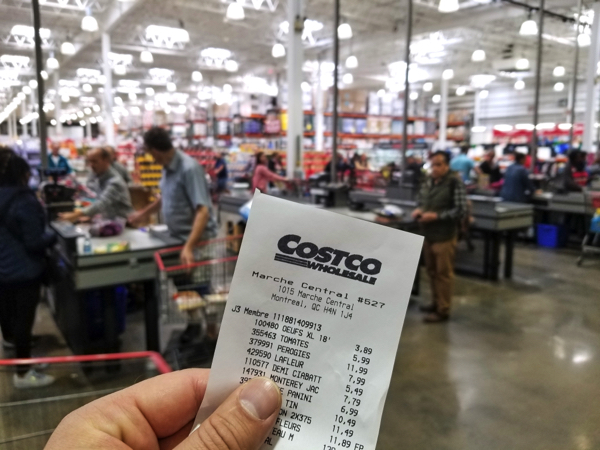Solitary meals connected to unhealthy food choices and higher health risks for seniors, research reveals
11/19/2025 / By Cassie B.

- Eating alone is linked to poorer nutrition in older adults.
- Solo diners often have lower-quality diets and lose weight.
- This increases their risk of frailty and health decline.
- Shared meals boost appetite and improve food choices.
- Community dining programs are a recommended solution.
In a world increasingly marked by social isolation, the simple act of sharing a meal is emerging as a critical component of healthy aging. New research from Flinders University in Australia delivers a sobering message: Older adults who regularly dine alone are more likely to experience poorer nutrition and worse health outcomes than those who share their meals with others. This systematic review, which analyzed data from more than 80,000 community-living adults aged 65 and older across 12 countries, sheds light on a silent public health crisis unfolding at the dining table.
The findings, published in the journal Appetite, reveal consistent and troubling associations. Eating alone was linked to reduced overall diet quality; lower intake of essential food groups like fruits, vegetables, and protein-rich meats; and an increased risk of weight loss and frailty.
Lead author Caitlin Wyman, an Accredited Practicing Dietitian and Ph.D. candidate at Flinders’ Caring Futures Institute, emphasizes that food provides more than just nutrients. “Sharing a meal is an important social activity that can influence appetite, dietary variety, and overall well-being,” Wyman says. The research suggests that the social setting of eating has wide-ranging impacts that extend far beyond simple calorie consumption.
The nutritional cost of solitude
The analysis collated findings from 20 international studies. While a small number of studies found no significant difference, the overwhelming majority pointed to a clear pattern: Those who dined solo tended to make poorer food choices. Their diets were often deficient in the very foods necessary for maintaining muscle mass and functional ability in later years.
This is not merely about personal preference. The social isolation that often accompanies eating alone can directly impact physiological cues. “We know that aging brings physiological changes such as reduced hunger cues and altered taste,” Wyman notes, “but our findings suggest that social factors are equally important.” The companionship of a shared meal can stimulate appetite and encourage a more diverse and nutritious intake.
Beyond the plate: The broader health implications
The consequences of poor nutrition in older age are severe and well-documented. Inadequate intake of key nutrients can accelerate the progression toward frailty, a state of increased vulnerability to stressors that significantly raises the risk of falls, hospitalization, and loss of independence. The muscle wasting associated with low protein intake, a common finding in solo diners, is a key driver of this decline.
Furthermore, the act of eating alone has been linked in other research to broader health problems, including an elevated risk of cognitive decline and heart disease. The mental stimulation of conversation and the emotional comfort of companionship during meals are believed to play a protective role for brain and cardiovascular health. When these are absent, both mind and body suffer.
A simple prescription: Shared meals
The researchers propose a straightforward, community-oriented solution. Co-author Dr. Alison Yaxley, also an Accredited Practicing Dietitian at Flinders, suggests that “simple questions about mealtime habits could help identify people at higher nutritional risk.” This simple screening in routine aged care could be a powerful first step.
The authors advocate for community-based initiatives such as neighborhood meal groups, intergenerational dining programs, or partnerships with local cafés to create opportunities for social eating. “Encouraging opportunities for shared meals, whether that’s with family, friends, or community programs, could help improve food intake, nutritional status and quality of life for older adults living at home,” Wyman explains.
This research arrives at a pivotal moment. As populations in developed nations age, the number of older adults living alone is rising. The findings serve as a crucial reminder that health is not solely determined by what we eat, but also by how and with whom we eat. Rebuilding community connections around the dinner table may be one of the most effective, and most human, prescriptions for public health. The shared meal, it turns out, is not just a cultural nicety, but a cornerstone of resilience in our later years.
Sources for this article include:
Submit a correction >>
Tagged Under:
#nutrition, aging, elderly, food science, health science, meals, men's health, mental health, Mind, mind body science, real investigations, research, seniors, social isolation, women's health
This article may contain statements that reflect the opinion of the author





















